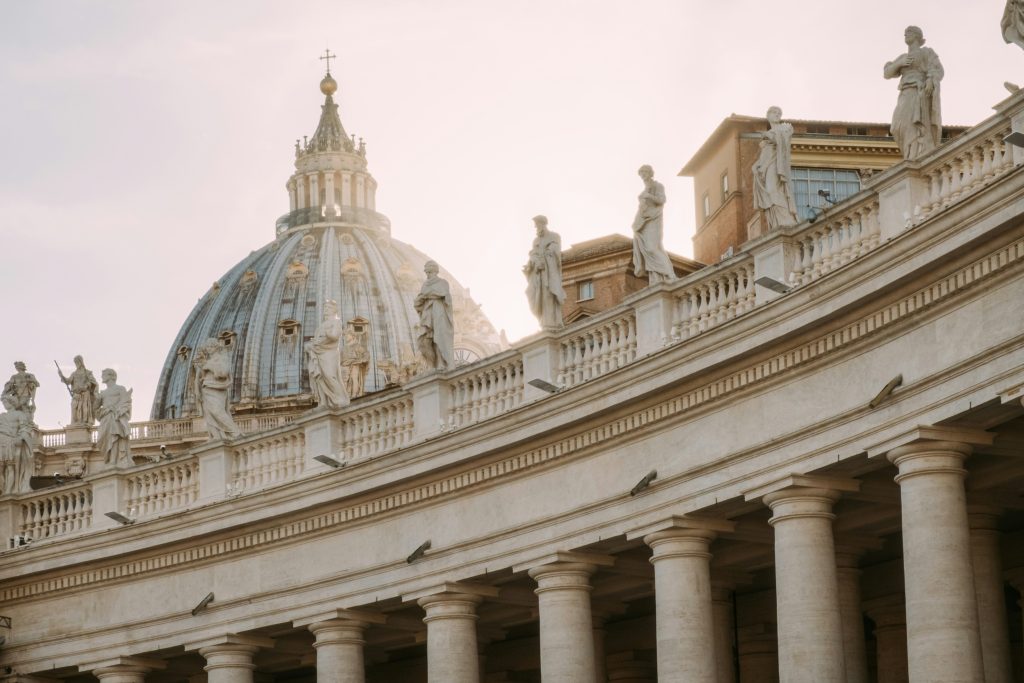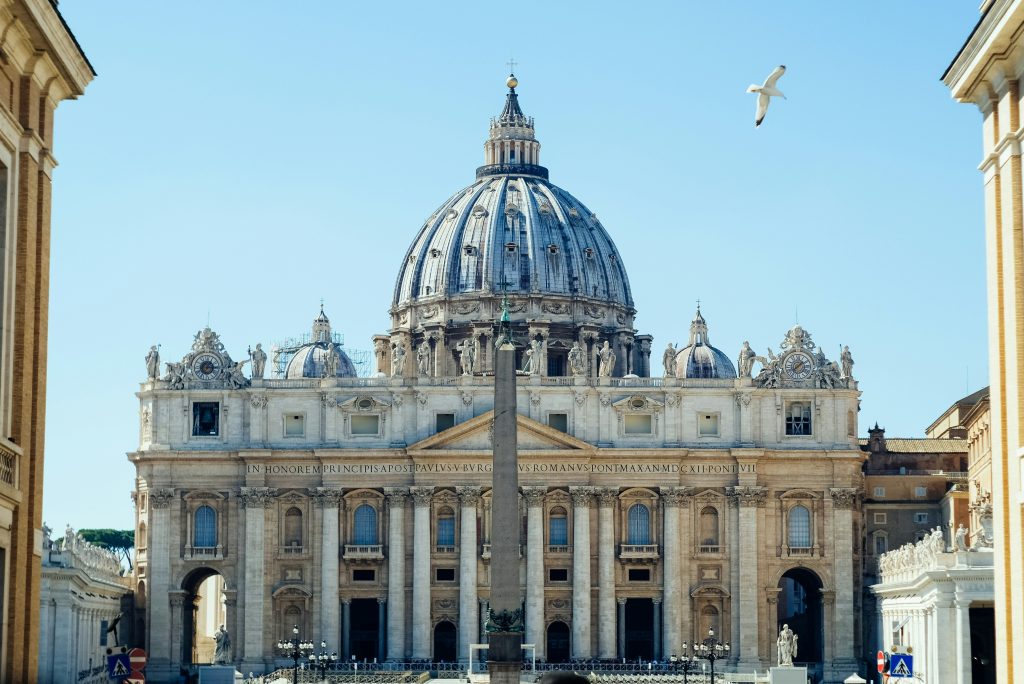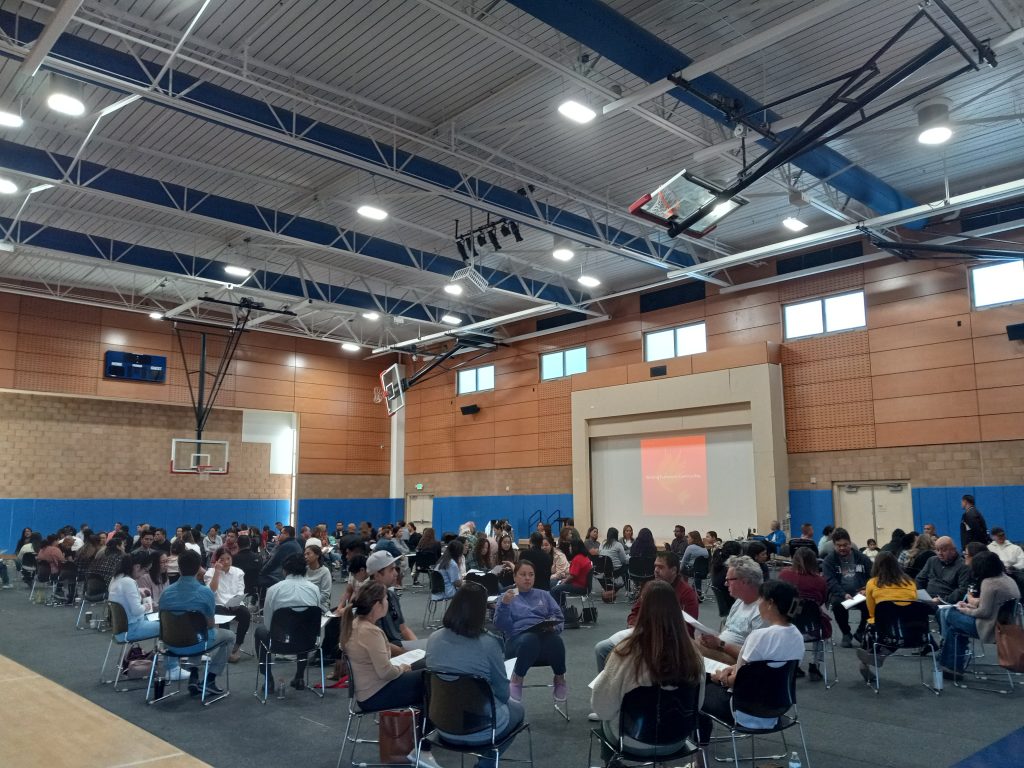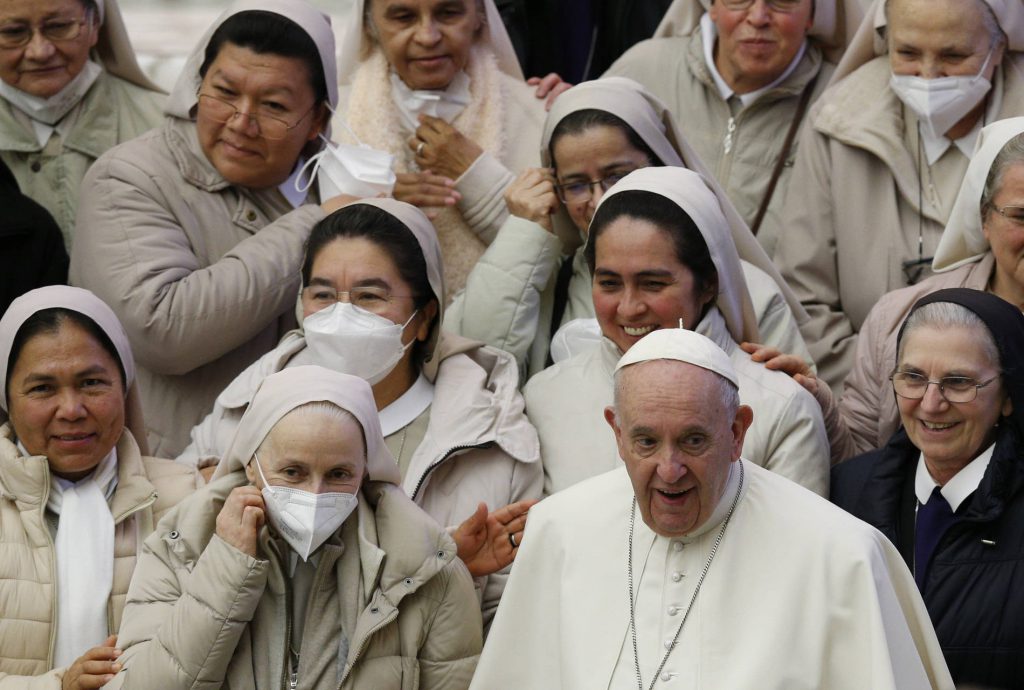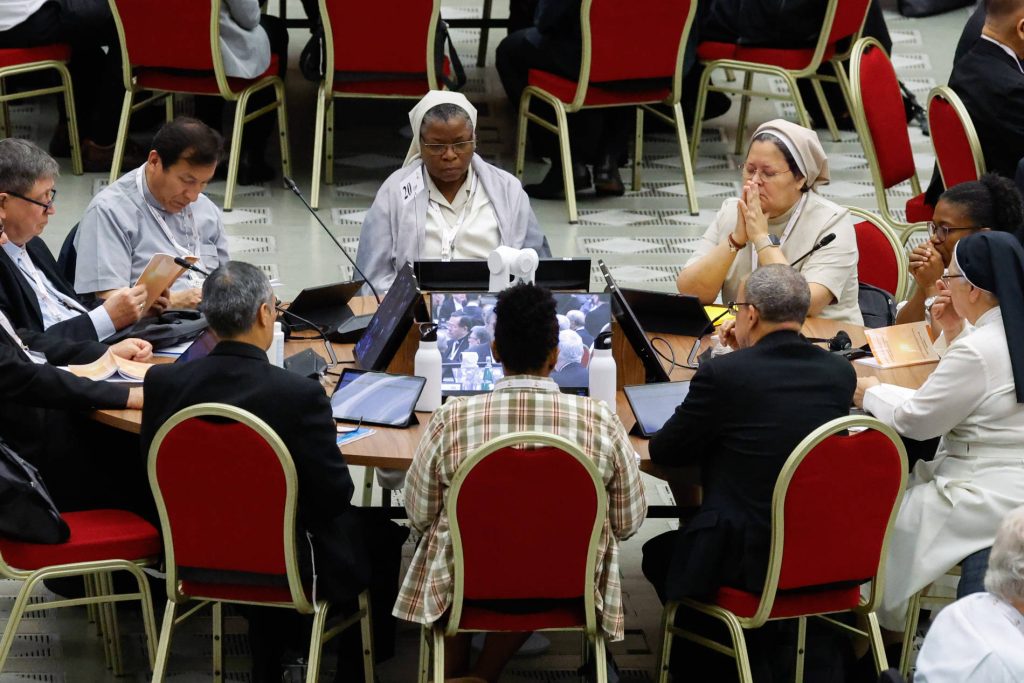SAN DIEGO — The San Diego Diocese has released the results of the electronic survey it conducted last fall in San Diego and Imperial counties as part of its consultation of the faithful.
A total of 27,670 answered at least one question in the survey, with 22,000 completing it. That’s a sufficiently large sample size to provide a valuable demographic snapshot of parishioners and their views and faith practices in the diocese, according to the two professors who analyzed the results.
The sample allows “Church officials to tailor interventions and programs to the area of greatest need,” the professors wrote in their report. “In an era of diminishing resources, this information should prove enormously helpful.”
The survey was the second part of a listening phase the diocese held last year as part of a worldwide, multi-year consultation of Catholics, called a synod.
The diocese began the action phase in January. Using the synodal process, pastors are to use the findings from the listening phase, including the survey results for their particular parish, to develop goals that they can implement in the short term to revitalize their community.
The goals of the synod are to promote a culture in the Church of listening to one another respectfully, of inclusiveness and participation, and of rootedness in the Eucharist and the Word of God, according to Cardinal Robert W. McElroy.
To foster that culture, the diocese held 1,100 small-group sessions at parishes, schools and other sites across the diocese last spring where participants expressed their joys, disappointments and hopes for the Church.
Eight themes emerged from those sessions, which engaged around 11,000 individuals:
- The Sacramental Life of the Church
- Community Life
- Priestly Ministry
- Issues of Youth and Young Families
- Church as a Pathway to God
- Anger at the Clergy Sexual Abuse Scandals
- Synodal Statements
- Inclusiveness and Acceptance vs. Doctrinal Strength
To hear from more people and to understand their views more profoundly, the diocese conducted an electronic survey from Sept. 6 to Nov. 29 in English, Spanish and Vietnamese.
Two professors from the University of San Diego with expertise in designing surveys and analyzing data, Fred Galloway and Robert Donmoyer, helped the diocese in this process.
For the survey, they developed three related statements for each of the eight themes and asked respondents to rate their level of agreement or disagreement with each statement. They calculated an overall score for the three related statements; this became their score for that theme.
In addition, the survey asked demographic questions and questions involving some aspect of their faith.
The professors conducted a series of regression analyses that looked at the extent to which the demographic factors collected in the survey might explain variation in the themes.
They summarized takeaways from their analysis in a report, which the diocese released on March 1.
Who took the survey?
Of 27,670 individuals who answered at least one of the survey questions, 89% took the survey in English, followed by 10% in Spanish and 1% in Vietnamese.
From a gender perspective, women were overrepresented among respondents compared to men (60.1% vs. 37.3%) and were also a bit older than the survey’s male respondents, with the average age for women at 52 and for men 49.
The sample was also well educated, with almost 73% of respondents having at least some college and slightly less than one in four having earned a graduate degree.
Most respondents were also married (59.1%), with 22.2% never married and 13.4% either widowed, divorced, or separated.
From a racial and ethnic perspective, the two largest groups of respondents were White (38.3%) and Hispanic (33.6%), followed by Filipino at 11.1%, Vietnamese at 3.1%, Multiracial at 2.6%, Other Asian at 1.6%, and Other at 1.2%. The other four categories (Native American or Alaska Native, Black or African American, Native Hawaiian or Other Pacific Islander, and Middle Eastern or North African) had 1% or less representation.
Nearly 96% of respondents considered themselves Catholic. More than two-thirds of respondents (67.8%) reported attending Mass weekly, while 9.7% reported attending Mass daily. There was a strong preference for attending Mass in person, with 87.7% of respondents selecting that choice versus 12.3% of respondents who preferred Mass virtually in the future.
When asked to rate their relationship with God and then the Church on a 10-point scale where higher numbers are associated with stronger feelings, their relationship with God was somewhat stronger than with the Church (7.12 vs. 6.96).
Key Findings
The results provided valuable information Church leaders can use to respond to areas of greatest need, the report said. In fact, pastors will have results specific to their parish.
The data from the survey is a rich base of information that can be analyzed in countless ways in the future.
The scores for all eight themes were narrowly clustered around the number representing “agreement,” which suggested that most respondents agreed with the statements that made up the themes.
Despite this overall agreement, some scores were higher than others. For instance, the two highest scores were for the Sacramental Life of the Church and Community Life themes, both largely involving personal decision-making.
“The respondents found immense grace in the sacramental life of the Church and in the deep sense of community and shared belonging they find in their parishes and organizations,” Cardinal McElroy said in a letter announcing the survey results.
In contrast, the two lowest-scoring themes involved things controlled by the Church, such as listening, achieving a deeper level of participation from members, and balancing inclusiveness and acceptance with doctrinal strength, the professors wrote.
The lower score for the Inclusiveness and Acceptance vs. Doctrinal Strength theme suggested that respondents felt strongly on both sides of the debate, the report said.
That did not surprise Cardinal McElroy.
Inclusion “is a very difficult, polarized area within our own society and it’s true within the life of the Church,” Cardinal McElroy said Feb. 3 on the “Jesuitical” podcast.
Several individual statements stood out to the professors for their inferential value.
“While respondents felt welcomed in their parish community and enjoyed participating in events that brought them closer to God, survey participants’ responses suggest more work is needed to draw younger people into the Church,” the professors wrote.
One way to do this, according to survey participants, is to communicate the Gospel in more contemporary ways.
When respondents were asked if they could change one thing in their parish, 29.9% selected helping to spread the faith, followed by 23.4% who chose outreach to the marginalized. In order, the next three responses were about making their parish more welcoming (20.5%), better homilies (13.6%), and less emphasis on money (12.6%).
The regression part of the analysis revealed several factors that helped explain some of the variation in the scores of the themes. For example, age was a factor for all eight themes, with older parishioners generally having more traditional values than younger ones.
From a racial and ethnic perspective, Hispanics, Filipinos, and Vietnamese consistently displayed the same attitudes as older parishioners with one important exception: They supported more inclusion and acceptance rather than siding with the relative importance of Church doctrine.
And the professors generally found that the more educated a respondent was, the less likely they were to agree with the statements involving The Sacramental Life of the Church, Community Life, Church as a Pathway to God, Issues of Youth and Young Families, Priestly Ministry, and Synodal Statements, and more likely to agree with Anger at the Clergy Sexual Abuse Scandals and the Importance of Inclusion and Acceptance vs. Doctrinal Strength.
Find the complete analysis of the survey findings at sdcatholic.org/synod.





